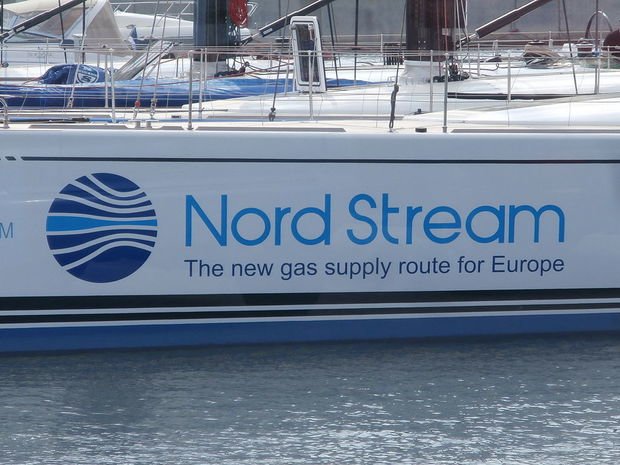Higher prices but no serious concerns
European researchers have estimated the impact of a long-term interruption of Russian gas supply into the EU
According to a recent study by the Irish University College of Cork, a potential interruption in gas supply from Russia can cause not major troubles for the European energy system but a 10% electricity price surge. Natural gas is still an essential part of European energy mix, but the improved pipeline infrastructure guarantees a strong resilience of the system in case of interruption.
The recent dramatic deterioration in UK-Russian diplomatic relations has refocused attention on Europe's dependence on Russian energy, claims Ireland's National Public Service Broadcaster RTÉ. Europe spends €1 billion per day to import fossil fuels from around the world, and Russia is the EU's key supplier of coal, oil and gas. Natural gas accounts for a quarter of all European energy needs, while Russian gas makes up about one-third of this quantity (the remaining part comes from Norway, the Netherlands and North Africa). Germany, which has a direct connection to Russia via Nord Stream gas pipeline, is the largest European customer of Russian gas. At the end of March, the country approved plans to add the second line of the Russian pipeline (Nord Stream 2). Ireland also has a strong reliance on natural gas, both for electricity generation and heating.

Researchers from the University College of Cork, Ireland, conducted a study on possible impact of a long-term interruption of Russian gas supply into Europe using a computer model of the EU energy system to understand the impact on each country. According to their report, the actual impact will be small for a number of reasons, first of all, due to the improved pipeline infrastructure in mainland Europe. Typically, natural gas was transported across Europe from east to west, but supply interruptions through Ukraine in 2008 prompted the EU to modernise the infrastructure to allow gas to be moved in multiple directions. As a result, Europe is now able to use existing supplies from Norway, Asia and North Africa more efficiently. The modern infrastructure also provides the system's strong resilience in case of interruptions in supply.
In addition, Europe can diversify its energy supplies by using liquefied natural gas (LNG). Europe can import LNG, which is transported by sea, into places like the UK, Spain and France, and this availability also helps to reduce adverse effects of supply halts, the researchers consider.
Nonetheless, a potential gas supply interruption will still have negative consequences for local economies. Although natural gas will still flow across Europe, any shortages or prolonged interruption can lead to a surge in electricity prices of about 10% as gas will need to be transported further to reach customers.